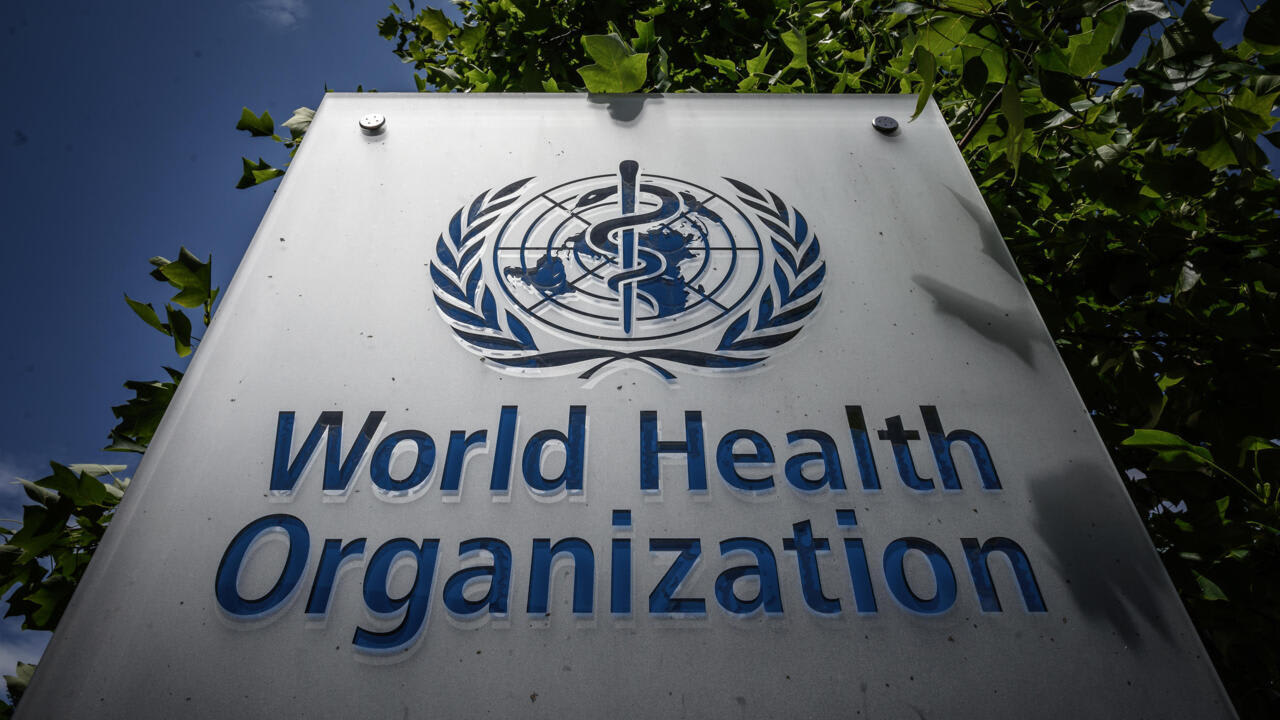Historic agreement by the World Health Organization to confront future pandemics.

The member states of the World Health Organization have reached a crucial agreement after more than three years of negotiations, marking a significant step towards enhancing global readiness to combat future pandemics.
This achievement came in the early hours of Wednesday, April 16, as the organization announced the adoption of a draft agreement to be presented to the World Health Assembly in May for final approval.
In an official statement, the organization stated: "Member states have taken a major step towards enhancing global health security by developing a new agreement, reflecting their collective commitment to addressing future health threats."
One of the delegates participating in the negotiations, held at the organization's headquarters in Geneva, confirmed that the agreement was discussed until 1:58 AM before reaching a consensus.
The Director-General of the organization, Tedros Adhanom Ghebreyesus, congratulated the member states on this achievement, describing it as "historic," stating: "The world has made history in Geneva. By agreeing to this treaty, countries have not only laid the foundation for enhancing health security for future generations but also demonstrated that international cooperation is still capable of overcoming differences to address common challenges."
The agreement is expected to be officially adopted by member states during the World Health Assembly meeting in May, thereby becoming a binding international treaty.
The negotiations faced obstacles regarding certain points, notably Article 11 concerning technology transfer for the production of health supplies, especially for developing countries.
It is worth noting that this issue was a point of contention for poorer countries during the COVID-19 pandemic, as wealthier nations secured the majority of vaccines and testing materials. Despite five years passing since the emergence of the virus, which claimed millions of lives and caused significant damage to the global economy, the World Health Organization and experts indicate that the world, despite improved readiness, is still not fully prepared to face a new pandemic.